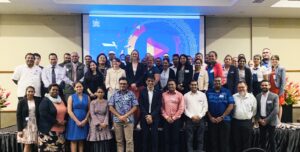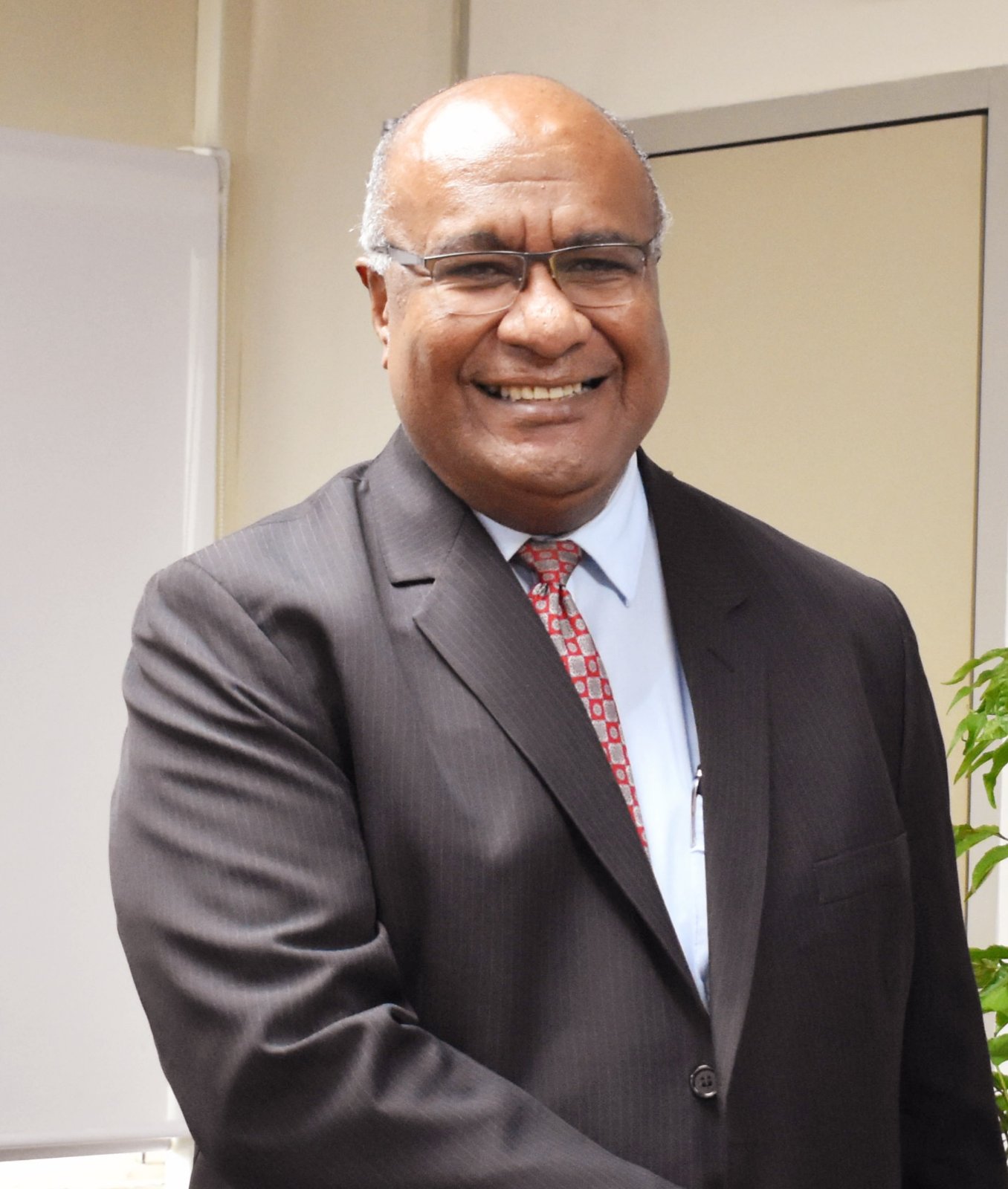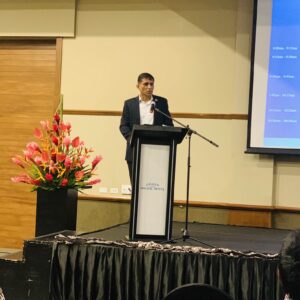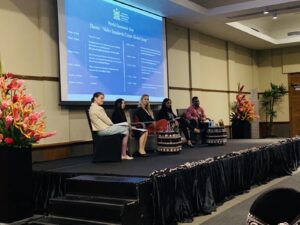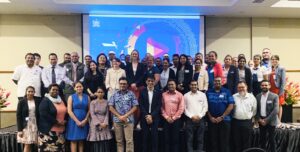H.E. John Feakes, Australian High Commissioner to Fiji,
Permanent Secretaries,
Ishikawa Maya,
International Organisation for Standardisation (ISO) Regional Office,
Torrin Marquardt, Standards Australia,
Representatives of the private sector,
Senior Government Officials,
Ladies and gentlemen,
Bula Vinaka and very good morning to you all.
It is a pleasure welcoming you to today’s seminar which marks World Standards Day.
Each year on 14 October, the members of International Electrotechnical Commission (IEC), International Organisation for Standardisation (ISO) and International Telecommunication Union (ITU), celebrate World Standards Day. This is to pay tribute to the experts in the field of standardisation for their collaborative efforts in making standards possible.
14 October is also important as it marks the first meeting of ISO, which was held on 14 October 1946. The ISO started with only 25 members, 73 years ago. Today, there are 162 members, who are actively involved in the international standardisation process.
Ladies and Gentlemen,
The Ministry’s objective of celebrating World Standards Day is to raise awareness of the importance of standards to the Fijian economy, especially in this rapidly changing world. Specifically, on how Standards help meet the needs of businesses, industry, Government and consumers.
Each year, the World Standards Day theme, is based on issues of global importance, whether it is to do with consumer safety or information or to do with international trade.
This year, the theme is “Video Standards Creates Global Stage”. Advance video technology has changed our world. It revolutionised entertainment, connected friends and families across the globe, enriched our communications experiences and has enabled major improvements in medical care and education.
Ladies and Gentlemen,
Innovation and disruptive technology over the recent decade has not only created new products, but has completely changed our lives. It has led to better services and quality of products being offered to consumers today.
Technology touches everything we do in our day-to-day lives. From the cars we drive, to the treatment we receive in hospitals, to the way we do business, technology gives us incredible new tools that can raise our standards of living to previously unimaginable levels. The world has become more integrated and inclusive and more service oriented.
Services constitutes the largest sector in the global economy today, accounting for 70% of global GDP, 60% of global employment and 46% of global exports measured in valueadded terms. This sector is evolving and the rapid advances in technology has significantly changed business models and service provision methods.
Ladies and Gentlemen,
As Government, we continue to encourage innovation, especially amongst youth and the industries. Fijian Government initiatives, such as Young Entrepreneurship Scheme (YES) and Research and Innovation Scheme for Enterprises (RISE) are specifically designed to support innovative ideas of young Fijians and Research and Development by industries, respectively.
As we encourage innovation, we have to ensure that interests of consumers and businesses are also protected. Several common digital innovations, such as Artificial Intelligence (AI), drones, Internet of Things (IoT), blockchain and cryptocurrencies, fintech, RegTech and Big Data, have challenges the norms of legislations.
Ladies and Gentlemen,
Fiji has cemented its position as the hub of the Region, in terms of trade, transportation and communication. And we are fast becoming the hub of technology and innovation. This is due to the continued, consistent and steady investments in ICT infrastructure. The cost of mobile and broadband services in Fiji are some of the lowest in the world. As we keep pace with the world, using new technologies to spur new industries and new inventions, we are at the same time working on strengthening the rules around technology. One concern that arises is how we regulate innovation and disruptive technologies.
When faced with these disruptive changes, standards offer Governments an effective tool to ensure quality and safety of services. Standards create trust amongst businesses and consumers and facilitates cross border trade.
Ladies and Gentlemen,
It is a fact that a day without standards is inconceivable. In Fiji, through the Department of National Trade Measurement and Standards, we are working on developing the appropriate standards. Standards development over the years has been mainly to support the needs of the moment. For example, building and building materials standards were developed to protect consumers and respond to substandard products and infrastructure.
It has been noted that over the years, there has been lack of foresight and forward planning. However, this has been corrected. The Ministry, with the support from ISO, had undertaken a review of the National Standards Body, its legal frameworks and responsibilities. With the endorsement of the Cabinet, the Ministry is now working on the
review of the legislative framework for standards development in Fiji. This change is to modernise the legislation and to enable it to be more responsive and adaptive to the fast changing market needs.
Most importantly, we want to establish the Standards legislation and body to be a regional leader and hub in terms of standards and conformity assessment.
By focusing on use of standards, we are encouraging innovation and technological transformation without being restrictive. This is because, we will use global best practices and not create technical barriers to business and trade. Simply, standards are more widely used and is acceptable nationally and internationally.
With the review of the legislation, there are a number of other reforms that will be undertaken to make the Department more proactive when developing standards. A clear action plan will be developed to enhance awareness on standards and encourage more and more industries to accept the minimum standards as their benchmark.
There will increase collaboration and consultation with the industry players and relevant stakeholders to develop priority areas for standardisation and incorporate it in the overall action plan.
Ladies and Gentlemen,
Coming back to today’s seminar, we are fortunate to have representatives from the ISO regional office and Standards Australia. The speakers will focus on the importance of standards, especially for small island states. And the role of standards in this changing digital world.
As I stated earlier, this seminar is an opportunity to create awareness on standards. We hope to build a network of stakeholders, who can be called upon to support standardisation activities.
Ladies and Gentlemen,
I wish to leave in your mind the thought of what the world would be without standards and how we can work in collaboration to ensure that we maintain high standards of all products and services available to Fijians. That we do not compromise quality and safety of products and set the benchmark for the rest of the region.
I look forward to having further discussions with you later today.
Vinaka vakalevu .
Permanent Secretary , Mr Shaheen Ali


